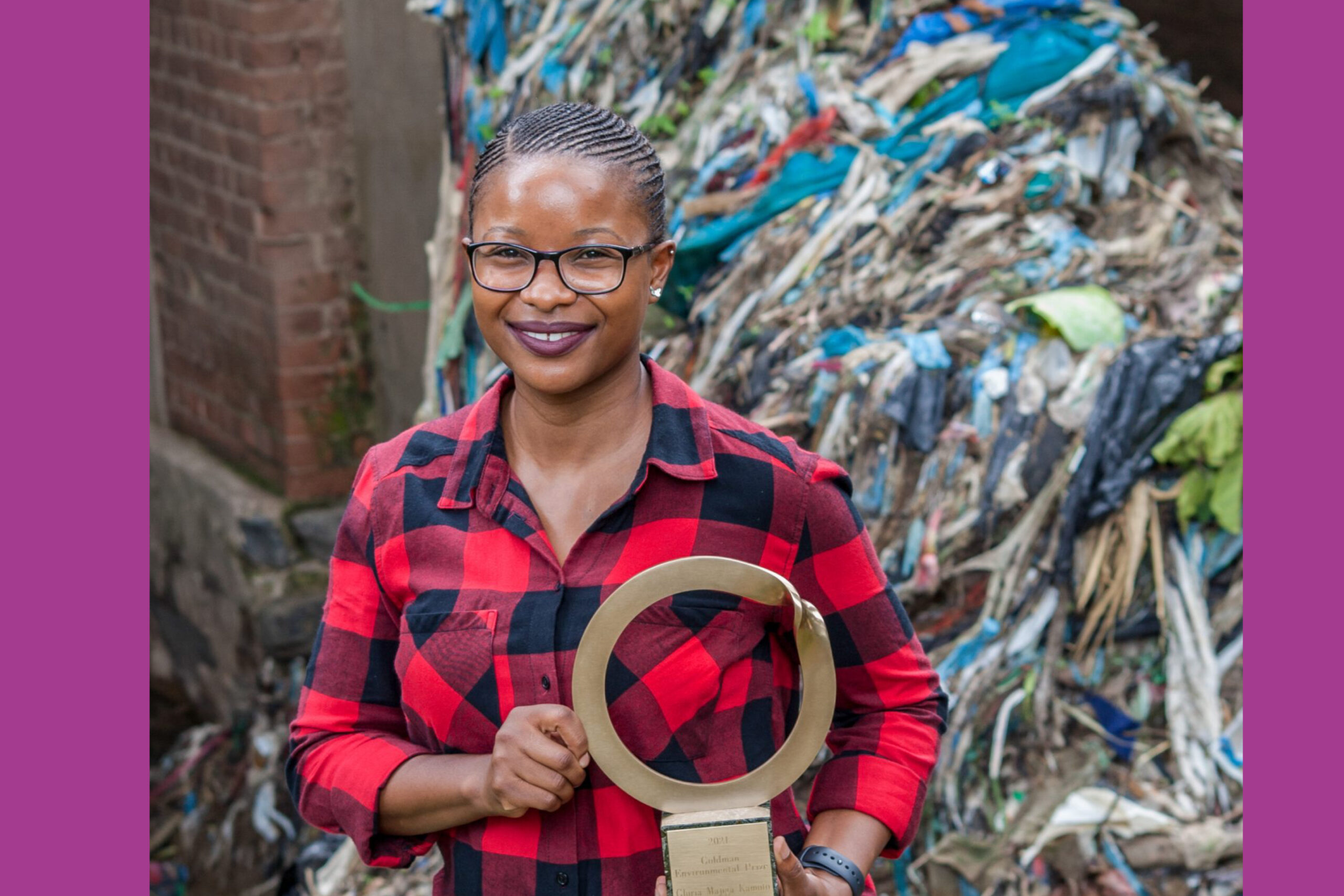
Meet Gloria Majiga-Kamoto, the Malawian woman who challenged plastic companies in Malawi and won
Happy Motivational Monday! What better way to start the week than reading a fantastic story of hard work and a fearless incredible African woman?
Today we are spotlighting Malawi’s environmental activist����������������������������������������ï”https://cepa.org.mw/”>Centre for Environmental Policy and Advocacy. Majiga-kamoto advocates for reform and enhanced the ecological and natural resources management policy and legal framework through her work.
The 2019 YALI Mandela Washington Fellow�������������������������������������������������ï”https://www.goldmanprize.org/recipient/gloria-majiga-kamoto/”>2021 Goldman Environmental Prize for Africa�������������������������������������������ï”alignnone size-medium wp-image-2060″ src=”https://thesistersshow.comwp-content/uploads/2021/06/PhotoCollage_20210620_210230930-300×200.jpg” alt=”” width=”300″ height=”200″ />
The mother of one battled some of Malawi’s most prominent plastic manufacturers to bring an end to single-use plastic. Coupled with other activists, Majiga-Kamoto���������������������������������������������������������������������������������led a campaign that pressures the country’s authorities which eventually resulted in her groundbreaking success�����������ᅯhttps://edition.cnn.com/2021/06/15/africa/malawi-landscape-plastic-pollution-cmd-intl/index.html”>CNN, the Goldman Environmental Prize for Africa recipient���������������”organized serval marches�������������������������������” because of problems caused by plastics.
Despite putting her own family at risk and feeling “a bit threatening,” Majiga-Kamoto’s hard work and advocacy led the Malawian government to shut
down three plastic firms in Malawi�������ï”text-align: left;”>Malawi is one of the many African countries battling the dangers of plastics. According to a recent study commissioned by the Malawian government--, an estimated 75,000 tons of plastics are produced in Malawi every year. At least 80% of that plastics are discarded after use.
The study also reveals that Malawi’s plastic will require 100 years to decompose while stating that Malawi produces more plastic waste per capita than any other country in sub-Saharan Africa.
This study has primarily overwhelmed the country’s disposal systems, one of the reasons why Majiga decided to go after the manufactures as livestock were struggling with plastic pollution, and livestock owners were losing their
livelihood.
Despite the ban, the implementation of the policy has been stalled. This is a result of the lengthy legal battle between the manufacturers, activists, and the government. Nevertheless, Majiga-Kamoto is far from letting it all sleep.
Beyond government action, the environmental activist������������������������ï”be aware of their own
contribution to the mess.”




